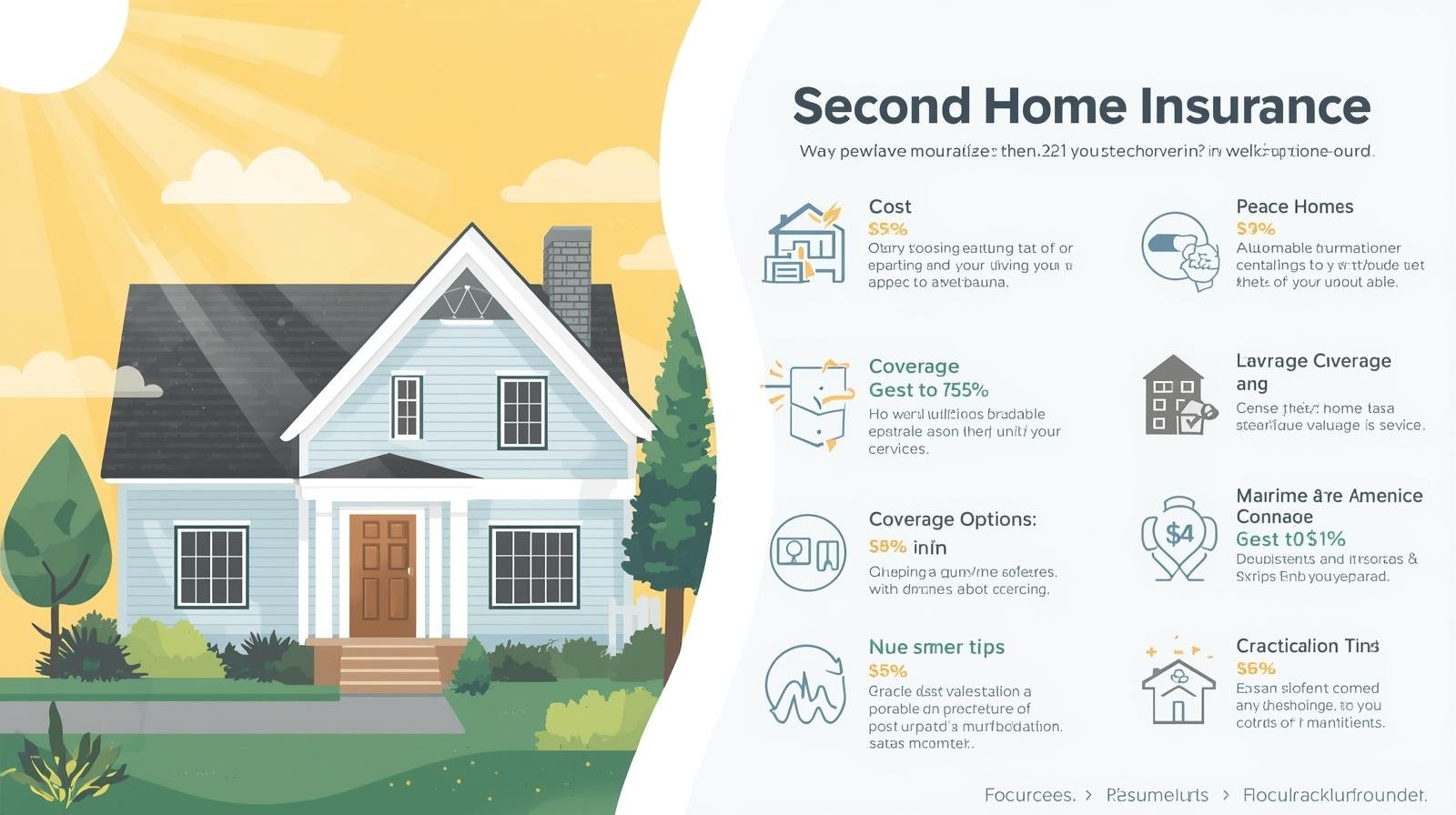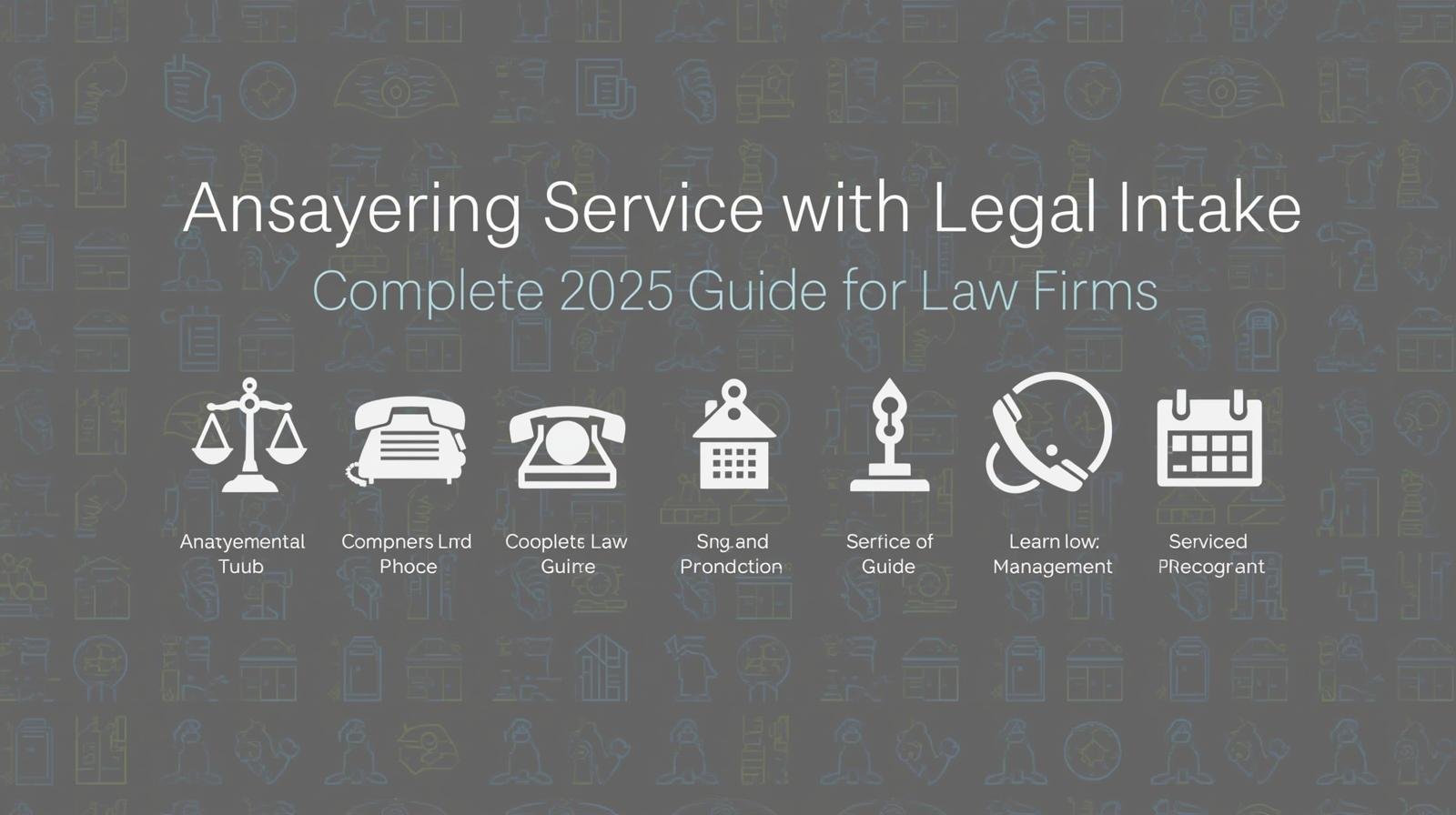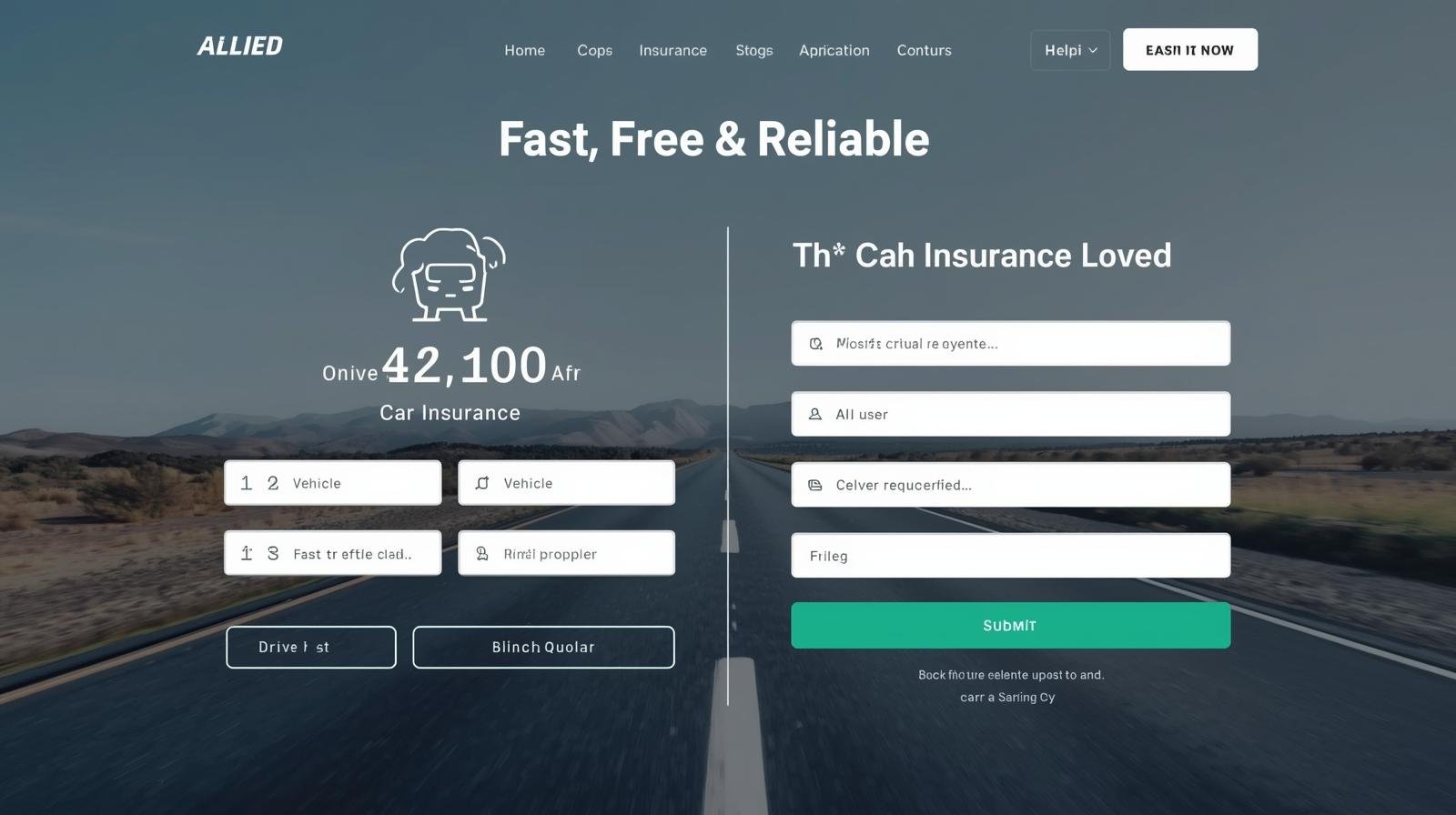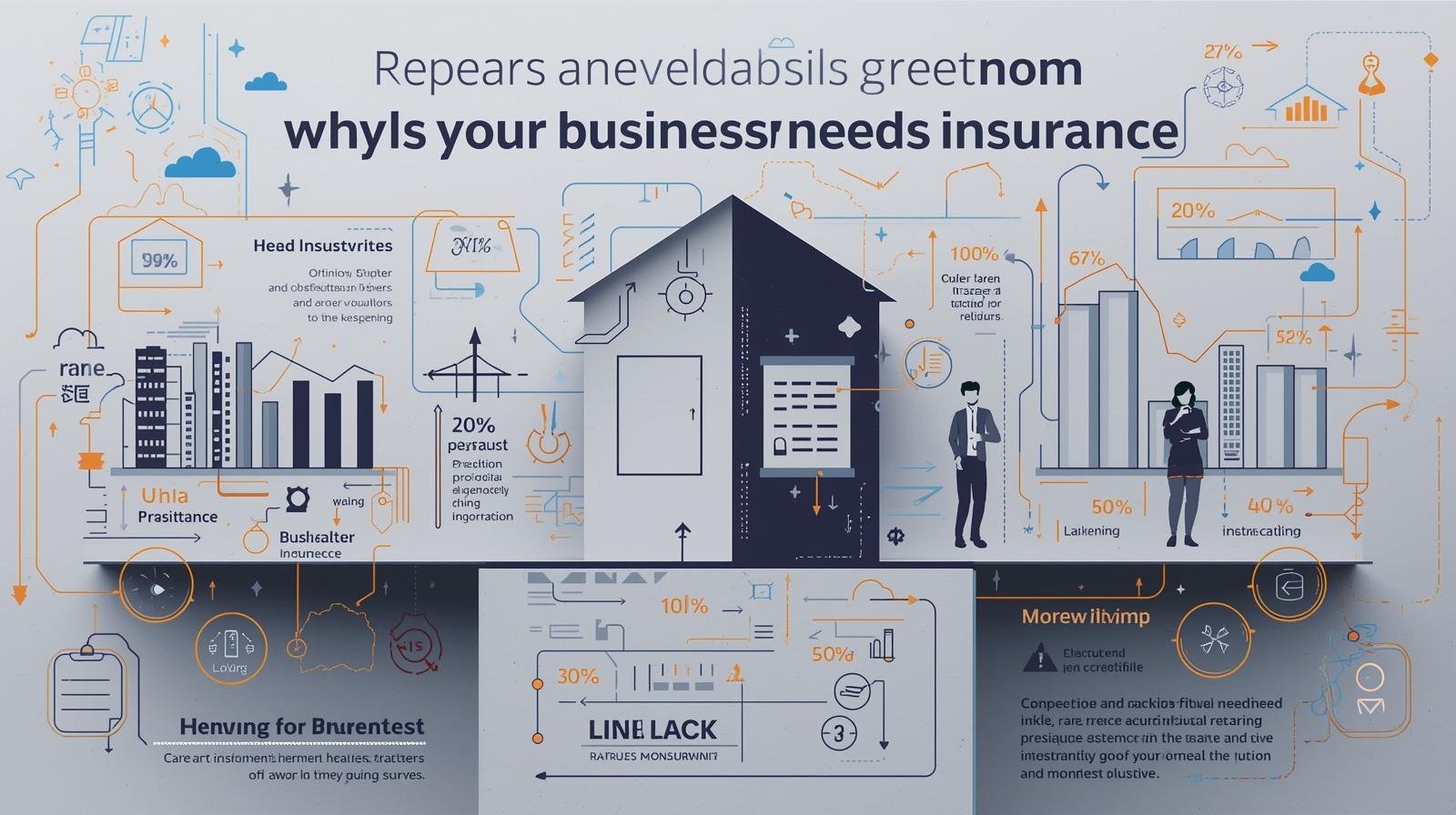Structured Settlement Annuity: The Ultimate Guide to Understanding and Managing Your Payout in 2025: Have you recently received a structured settlement from a lawsuit or insurance claim? If so, you may be entitled to a structured settlement annuity—a financial tool that provides long-term, tax-free payments.
Structured settlement annuities are commonly awarded after personal injury lawsuits, medical malpractice claims, or wrongful death cases. They offer financial security over time, but many recipients don’t fully understand how these annuities work, what their rights are, or whether selling part of the annuity is a smart choice.
In this comprehensive guide, we’ll cover everything you need to know about structured settlement annuities in 2025—including how they work, benefits, risks, tax implications, legal regulations, and how to sell your payments for a lump sum.
What Is a Structured Settlement Annuity?
A structured settlement annuity is a financial arrangement that distributes a legal settlement payout over time, rather than as a single lump sum. These payments are typically made monthly, quarterly, annually, or in lump sums at scheduled intervals.
Key Characteristics:
- Issued by life insurance companies
- Often used in personal injury, wrongful death, or workers’ comp cases
- Guaranteed, tax-free income
- Payments can last for years or a lifetime

How Structured Settlement Annuities Work
After a legal settlement is reached, the liable party (often an insurance company) purchases an annuity from a licensed life insurance company. The insurer then sends regular payments to the plaintiff (you) based on a predetermined schedule.
Example:
You win a $1 million lawsuit. Rather than receive all the money at once, you might get:
- $2,000/month for 20 years
- A lump sum of $100,000 every 5 years
- Final balloon payment of $200,000 in year 20
Types of Structured Settlement Annuities
- Life-Only Annuity
- Payments last for your lifetime only.
- Period-Certain Annuity
- Payments last for a specific number of years, regardless of whether the annuitant is alive.
- Life with Period Certain
- Payments continue for life or a set period, whichever is longer.
- Joint and Survivor
- Payments made for the life of two individuals, often spouses.
Benefits of a Structured Settlement Annuity
Structured settlement annuities are favored for several reasons:
✅ Tax-Free Income
Under U.S. law (IRC §104(a)(2)), payments from personal injury settlements are 100% tax-free.
✅ Financial Stability
Helps avoid poor financial decisions and prevents overspending.
✅ Customizable Payouts
Your annuity can be tailored to meet future needs—like education, healthcare, or retirement.
✅ Guaranteed Payments
Backed by reputable life insurance companies and often state guaranty associations.
Downsides of Structured Settlement Annuities
While they offer many advantages, there are some downsides:
❌ Lack of Flexibility
Once set, payment schedules are fixed—you can’t change them.
❌ Inflation Risk
Over time, fixed payments may lose value due to inflation.
❌ Early Access Restrictions
You can’t access large sums unless you sell your payments (often at a discount).

What Is the Present Value of My Structured Settlement?
The present value is what your future payments are worth today. Financial companies use discount rates to determine this. The key factors include:
- Total value of payments
- Timing of payments
- Interest rates
- Buyer’s profit margin
Selling Your Structured Settlement Annuity
If you need cash now—for medical bills, buying a home, or paying debt—you might consider selling all or part of your structured settlement.
Partial Sale Example:
Sell 5 years of payments and keep the rest.
Full Sale Example:
Sell all remaining payments for a one-time lump sum.
Common Reasons to Sell:
- Medical emergencies
- Education costs
- Business investment
- Home purchase or repairs
How the Sale Process Works
- Get a Quote
- Contact a structured settlement buyer or factoring company.
- Submit Documents
- Provide ID, court paperwork, and annuity contract.
- Get Court Approval
- A judge ensures the sale is in your best interest.
- Receive Payment
- Once approved, receive your lump sum.
Legal Regulations & Protections
The sale of structured settlement annuities is highly regulated to protect consumers.
Key Laws:
- Structured Settlement Protection Act (SSPA)
- State-specific laws and approval processes
- IRC §5891 imposes penalties for non-court-approved sales
What Judges Consider:
- Your age and financial literacy
- Reason for the sale
- Whether the lump sum offer is fair
Tax Implications of Selling
While structured settlement payments are tax-free, selling them may change that.
- Lump sum received from selling future payments may not be tax-free.
- Always consult a tax advisor before making a sale.
Top Companies That Buy Structured Settlement Annuities (2025)
Here are some of the most trusted names in the industry:
1. J.G. Wentworth
- One of the oldest and most recognized factoring companies
2. Peachtree Financial Solutions
- Offers fast payouts and customized offers
3. DRB Capital
- Known for transparent terms and personalized service
4. Fairfield Funding
- Competitive rates and strong customer support
How to Choose the Right Buyer
✅ Compare Multiple Offers
Don’t take the first offer. Shop around.
✅ Ask About Discount Rates
Lower discount rates = more money for you.
✅ Read Reviews and Ratings
Look for companies with high Trustpilot and BBB ratings.
✅ Ask Questions
- Are there hidden fees?
- How long will the process take?
- What are the tax implications?
FAQs: Structured Settlement Annuity
Q1: Is a structured settlement annuity the same as a regular annuity?
A: No. Structured settlement annuities are created as part of legal settlements and are tax-free. Traditional annuities are investment products.
Q2: Can I change my annuity payment schedule?
A: No. Once the terms are finalized, they cannot be changed.
Q3: What happens to the annuity if I die?
A: It depends on the annuity type. Period-certain annuities can continue to a beneficiary. Life-only annuities end at death.
Q4: Can I sell my structured settlement without a court order?
A: No. Court approval is legally required to sell any structured settlement payments.
Q5: How long does the sale process take?
A: On average, 45–90 days, depending on your state and the court schedule.
Structured Settlements vs. Lump Sum Payments
| Feature | Structured Settlement | Lump Sum |
|---|---|---|
| Tax-Free | ✅ Yes | ✅ Yes (if from injury) |
| Financial Discipline | ✅ High | ❌ Low |
| Customization | ✅ Yes | ❌ No (one-time) |
| Inflation Protection | ❌ No | ❌ No |
| Early Access | ❌ Difficult | ✅ Full access |
Should You Sell Your Structured Settlement?
It depends. Consider selling if:
- You have a legitimate financial emergency
- You can get a fair lump sum offer
- You’ve explored other loan or income options
But keep in mind:
- You may receive only 60–80% of the total value
- Court approval can be denied
- Once sold, you can’t reverse the decision
Final Thoughts: Maximize Your Financial Future
A structured settlement annuity can provide decades of tax-free income and financial security. But like any financial tool, it must be understood and managed carefully.
Whether you’re receiving regular payments or considering a sale, work with licensed professionals, get legal advice, and understand your long-term financial goals. If you’re thinking about selling, don’t rush. Shop around, compare offers, and make sure the sale is truly in your best interest.
In 2025, structured settlements remain one of the most powerful tools for long-term financial planning—use yours wisely.









Leave a Reply